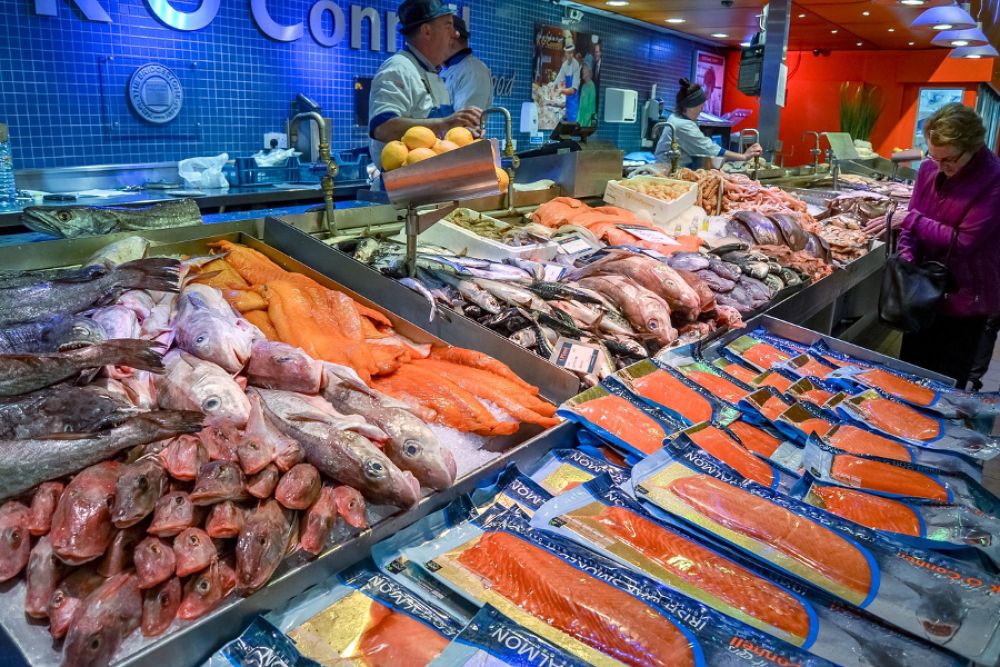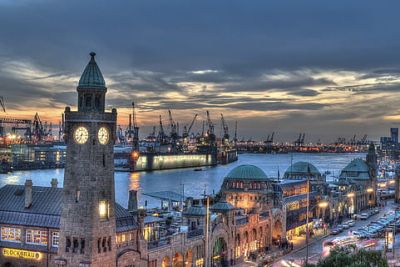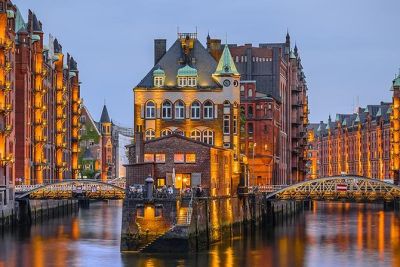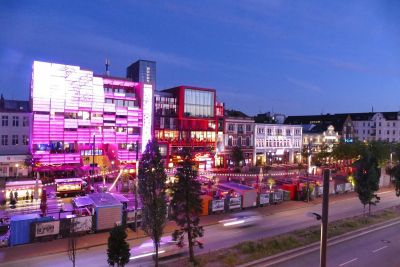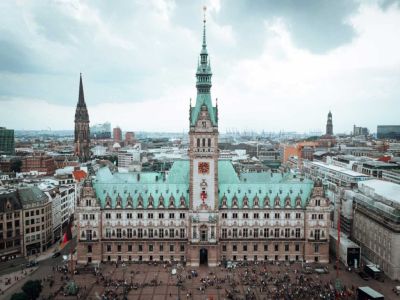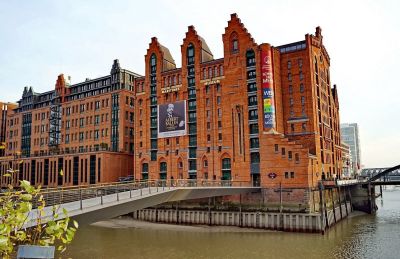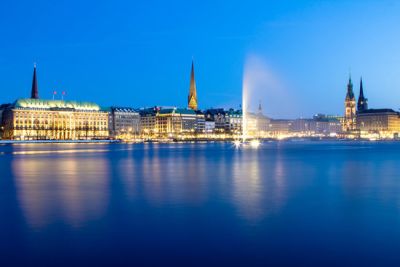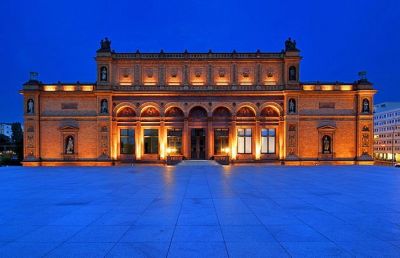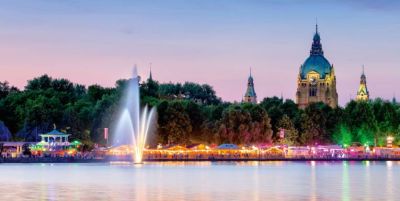Fischmarkt, Hamburg, Germany - A Historical Perspective on Tourism
The Origins of Hamburg's Famed Fischmarkt
The history of the Fischmarkt in Hamburg dates back to the early 18th century. Known as a traditional fish market located along the Elbe River, it has been the lifeblood of the city's maritime economy and culture for centuries. Initially serving as a local marketplace for fishermen to sell their fresh catch, the Fischmarkt quickly became a bustling hub of commerce, filled with the vibrant sounds of vendors and the aromas of fresh seafood.
The Evolution of Tourism
In the late 19th and early 20th centuries, Hamburg's rise as an international port city brought with it an increase in visitor interest. Curious travelers, attracted by the city's burgeoning industry and cosmopolitan atmosphere, began flocking to the Fischmarkt as part of their Hamburg experience. What was once purely a local institution began to evolve into an important tourist attraction.
The market's rich cultural tapestry, filled with shouting fishmongers, merchants selling various goods, and the lively atmosphere of traditional German market life, became a draw for tourists seeking authentic local experiences. This marked a significant shift in the Fischmarkt's role within the city—from a functional market to an essential stop on the Hamburg tourism trail.
Modern-Day Fischmarkt and Tourist Attraction
Today, the Fischmarkt continues to thrive every Sunday morning, when thousands of both tourists and locals descend upon the Altona district to partake in this historical tradition. Visitors can immerse themselves in the local culture by sampling fresh herring, exploring the wares of the antique market, or simply soaking in the bustling ambiance. The market has also expanded to include more diverse offerings, such as street food, souvenirs, and live music performances, making it a versatile destination.
Latest Tourism Trends
Sustainable Tourism has become increasingly important in recent years. Hamburg, like many other cities, is looking to offer experiences that are environmentally friendly and beneficial to the local community. The Fischmarkt aligns with this trend by promoting local producers and small-scale fishermen, contributing to a sustainable local economy.
Experiential Tourism is another growing trend. Tourists are seeking authentic experiences that allow them to live like locals, even if only for a few hours. The Fischmarkt offers this in abundance, with its traditional market scene enabling visitors to connect more deeply with Hamburg's maritime history and contemporary culture.
The Fischmarkt's enduring appeal stands as a testament to Hamburg's rich maritime heritage and its dynamism in adapting to the changing tastes of tourists from around the world. Despite the passage of time, the Fischmarkt remains one of the most authentic and vibrant experiences in Germany, seamlessly combining tradition with modernity.
